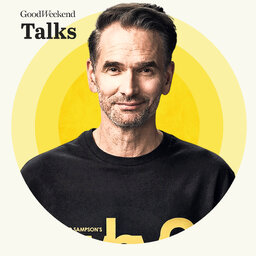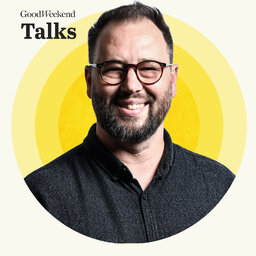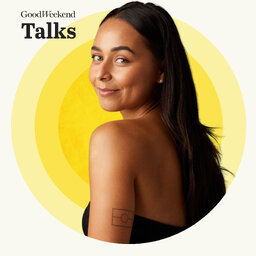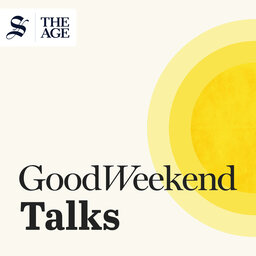Norman Swan researched the best way to parent kids under ten. Here's what he reckons
In this episode we speak with health reporter Norman Swan, who has written a new book on the dos and don'ts of raising children up to the age of 10. Among other topics, Swan talks about how to set good eating habits, what to do about screen overload - and whether it's ever ok to let kids sip alcohol (answer: no).
Hosting this conversation with the ABC broadcaster and author of So You Want to Know What’s Good for Your Kids? is the editor of Good Weekend, Katrina Strickland.
In 2 playlist(s)
Good Weekend Talks
Good Weekend Talks features in-depth conversations with the people fascinating Australians right now…Social links
Follow podcast
Recent clips

Todd Sampson on doomsday preppers, aliens and why people reach for the extreme
40:28

Why we run: Konrad Marshall on 365 days of jogging
31:34

Brooke Blurton is successful, smart and Indigenous. And still, trolls tell her she's 'on Centrelink'.
36:09
 Good Weekend Talks
Good Weekend Talks
